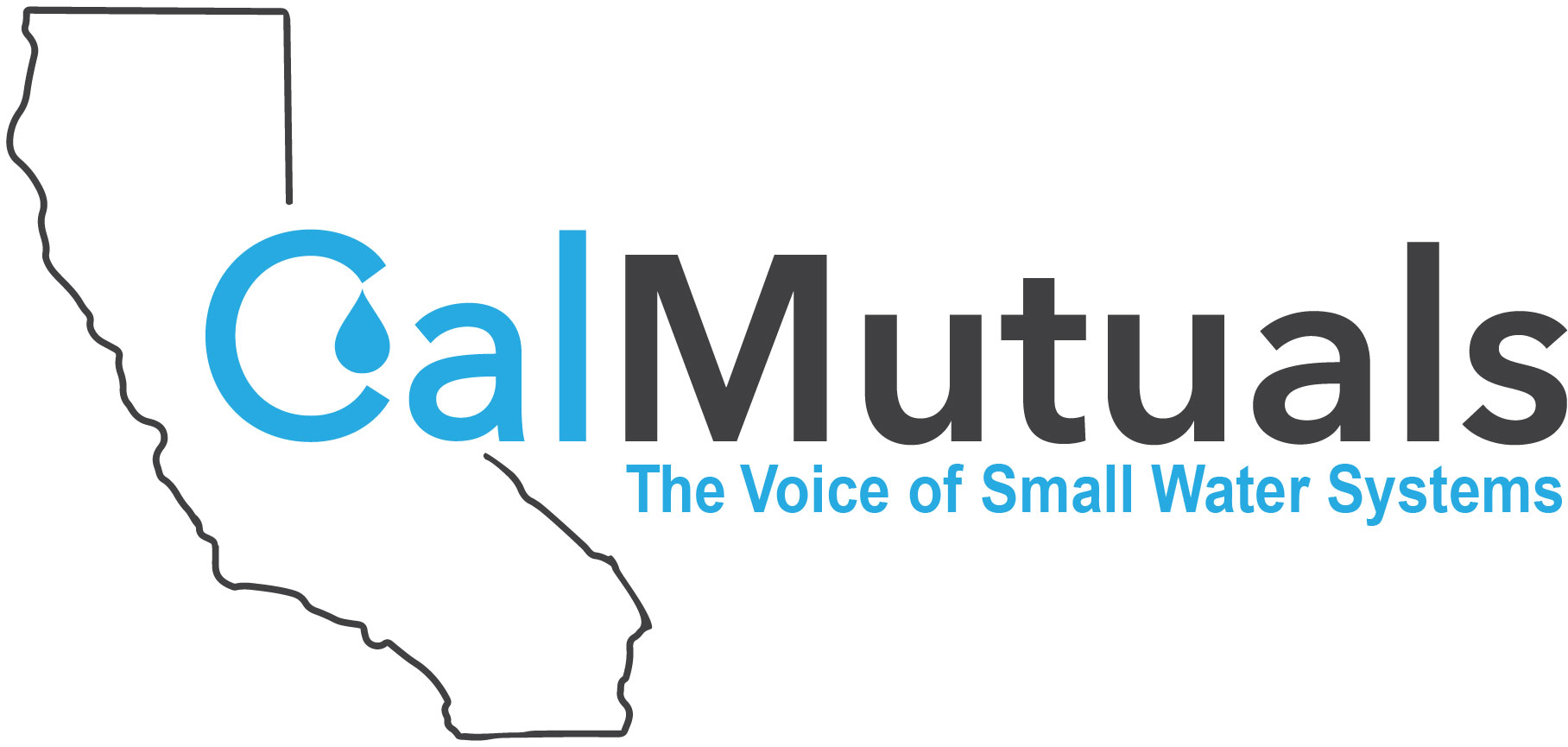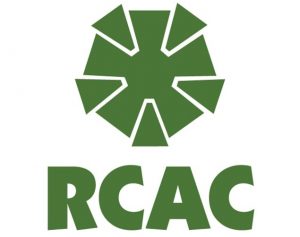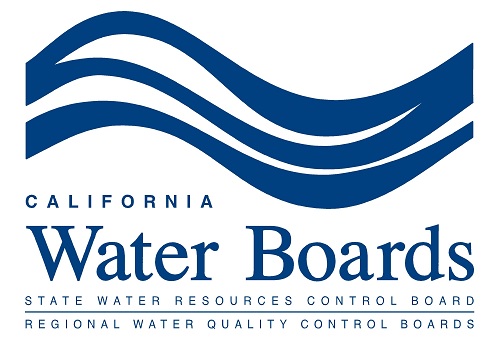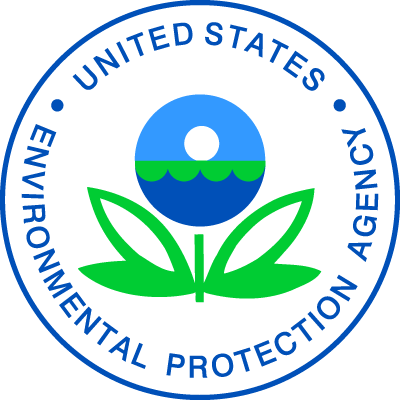Webinar | Arsenic Rule Compliance
Webinar OnlySince the arsenic maximum contaminant level was lowered from 50 ppb to 10 ppb in 2001, water systems have been scrambling to comply with this more stringent standard. For many small water systems, compliance with the Arsenic Rule has been a significant technological, financial, and operational challenge. This online learning event is intended to provide a small water system with “roadmap” to Arsenic Rule compliance. We will begin with review of the requirements of the Arsenic Rule. We will then explore non-treatment options for compliance, which are almost always less costly than treatment. We will then assess the pros and cons of several of the most common arsenic treatment technologies. Participants will learn: The health effects of arsenic in water Non-treatment options for Arsenic Rule compliance An overview of the most used arsenic treatment technologies Practical considerations when choosing an arsenic treatment system



